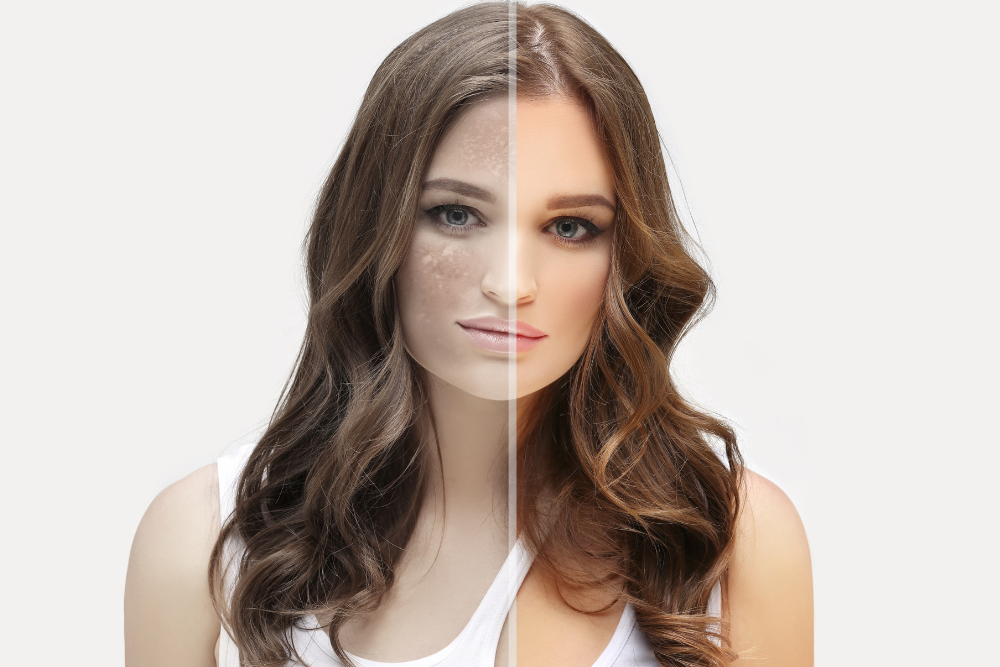Vitamin C serums and moisturizers have become a staple in many skincare routines, praised for their ability to brighten, protect, and rejuvenate the skin. However, amidst the hype, there’s also a cloud of confusion. Let’s sort fact from fiction and explore some of the most common myths surrounding Vitamin C in skincare.

Vitamin C Makes Skin More Sensitive to Sun
Myth: Applying Vitamin C in the morning makes your skin more susceptible to sun damage, so it should only be used at night.
Fact: This is a widespread misconception. Vitamin C, being an antioxidant, actually helps shield your skin from free radical damage caused by UV rays. However, it doesn’t replace sunscreen! Always wear a broad-spectrum SPF 30 or higher daily, regardless of your skincare routine.
Vitamin C Isn't Suitable for Sensitive Skin
Myth: Vitamin C is too harsh and irritating for those with sensitive skin.
Fact: While some Vitamin C formulations, particularly L-ascorbic acid (a potent form), can cause a tingling sensation or redness, it doesn’t mean all Vitamin C products are off-limits. Look for gentler alternatives like buffered or encapsulated Vitamin C, which are less likely to irritate. Patch testing on a small area of your inner arm before applying to your face is always recommended.
You Can Build Resistance to Vitamin C
Myth: Your skin can become resistant to Vitamin C, rendering it ineffective over time.
Fact: There’s no evidence to suggest your skin builds resistance to Vitamin C. However, consistent use is key to reaping the benefits. Vitamin C serums work best when used regularly as part of your skincare routine.
Only High Concentrations Deliver Results
Myth: The higher the concentration of Vitamin C, the better and faster the results.
Fact: Concentration plays a role, but it’s not the sole factor. Your skin type and tolerance level are equally important. Start with a lower concentration (10-20%) and gradually increase if your skin tolerates it well. Remember, more isn’t always better!
Vitamin C Can Lighten Your Skin Tone
Myth: Vitamin C can dramatically lighten or bleach your skin tone.
Fact: Vitamin C doesn’t lighten your natural skin tone; it addresses hyperpigmentation and uneven skin tone, resulting in a brighter, more radiant complexion.
Natural Sources are as Effective as Topical Vitamin C
Myth: Eating fruits rich in Vitamin C provides the same benefits as topical application.
Fact: While consuming Vitamin C is essential for overall health, topical application allows for a concentrated dose to directly target your skin concerns.

Conclusion: Embrace the Power of Informed Choices with Ziva Wellness
Vitamin C offers a wealth of benefits for your skin, but navigating conflicting information can be overwhelming. By debunking these myths and understanding the science behind this powerful ingredient, you can make informed choices for your skincare routine.
Ready to unlock the true potential of Vitamin C for your unique skin needs?
Contact Ziva Wellness today!
Our team of experienced professionals can help you select the perfect Vitamin C product and create a personalized routine that delivers visible results. We are committed to empowering you to achieve your healthiest, most radiant skin.





